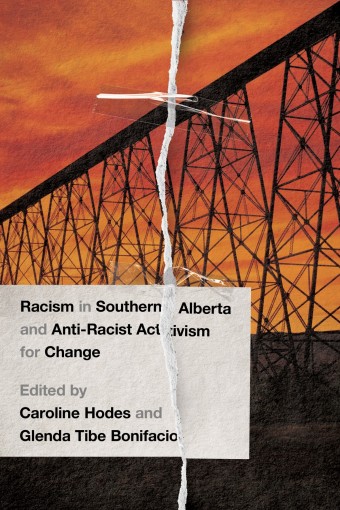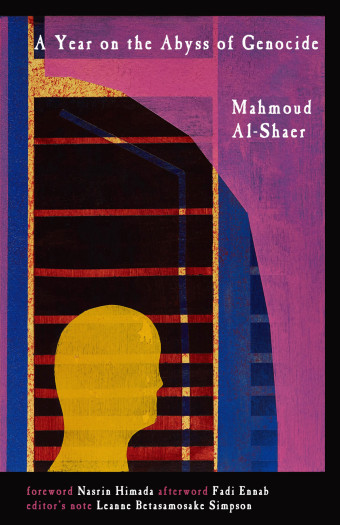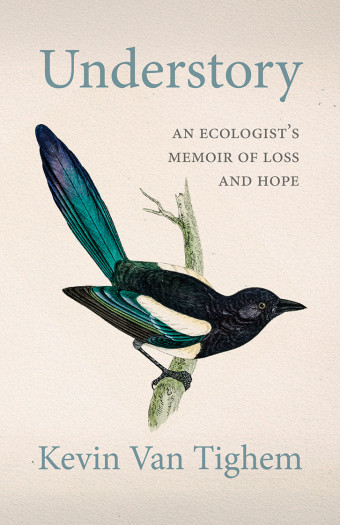To shed light on how localized experiences relate to broader structural and systemic forms of racism, University of Lethbridge academics Caroline Hodes and Glenda Tibe Bonifacio have edited Racism in Southern Alberta and Anti-Racist Activism for Change, a collection of works by scholars and activists.
While the contributors all have some connection to the University of Lethbridge, they come from a variety of backgrounds, including Blackfoot, Palestinian, Métis, Filipino, Turkish, and Mexican, and provide diverse perspectives from areas of interest such as justice, queer, postcolonial, women and gender, oral history, and cultural studies.

- Racism in Southern Alberta and Anti-Racist Activism for Change
- Caroline Hodes (Editor), Glenda Tibe Bonifacio (Editor)
- Athabasca University Press
- $34.99 Paperback, 288 pages
- ISBN: 978-17-78290-00-8
One chapter collects pieces from the members of the Reconciliation Lethbridge Advisory Committee (RLAC), which includes representatives from Lethbridge’s post-secondary institutions, school divisions, business sector, and city councils.
Hodes and Bonifacio understand the importance of collaboration in anti-racist work. They were instrumental in creating SNAC+ (Support Network for Students and Academics of Colour, Plus), a group of scholars and community advocates interested in achieving racial justice in Lethbridge.
“We are currently working on building capacity as a society because nothing like us exists in southern Alberta,” says Hodes. The idea for Racism in Southern Alberta emerged out of the work of this group.
Organized into three sections – Everyday and Institutional Racisms, Belonging/Un-Belonging, and Policing and Carceral Logics – the book includes personal narratives, ethnographical studies, critical discussions, dialogues, oral histories, and even poetry. This range of forms makes it valuable for scholars, but also accessible and engaging for general readers.
Various practices of racism are presented throughout the 12 chapters, including how racist teachers affected the social and academic life of a young Blackfoot boy; how two Filipino women adjust their teaching practices to fit a mainly white university environment; and how mass media portrayals of victims and perpetrators reinforce racist sexisms.
“All Canadian universities have a lot of work to do before they can pretend to be bastions of free thought and inclusion.”
Achieving even some progress toward racial justice is hard work for everyone involved.
“Nobody will ever have an easy time pointing out racism and racist behaviours, policies, practices, and speech,” says Hodes. “Nobody will ever say, ‘Why thank you, I’m so grateful that you have pointed out that not only am I part of the problem due to my long-standing epistemic presumptions and values, but [also] I benefit from deep-seated colonial systems of oppression that the institutions I defend and work for are built upon. Clearly I am part of the problem and will change that immediately.’ ”
As institutions go, the University of Lethbridge is making efforts, as shown by SNAC+, the RLAC, and the support – in the form of an associate professorship with a salary and tenure – that Hodes receives for the anti-racist work that she does.
But that doesn’t mean that it’s a place where diversity flourishes. “All Canadian universities have a lot of work to do before they can pretend to be bastions of free thought and inclusion, before I can say that I am fully supported in the work that I do,” Hodes says.
And reforming universities is just a small part of what needs to happen.
Hodes says, “Today we live in a world that needs dramatic reinvention, where how people see themselves and are seen by others needs to change.”













